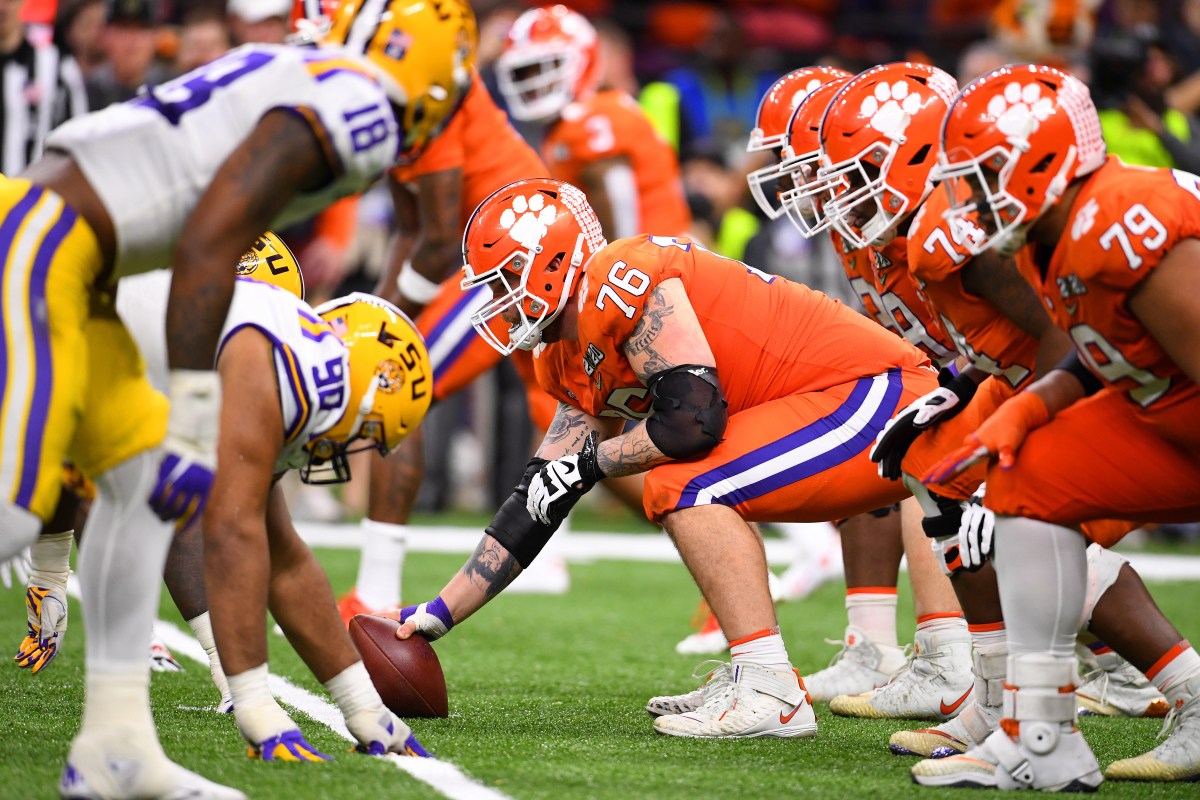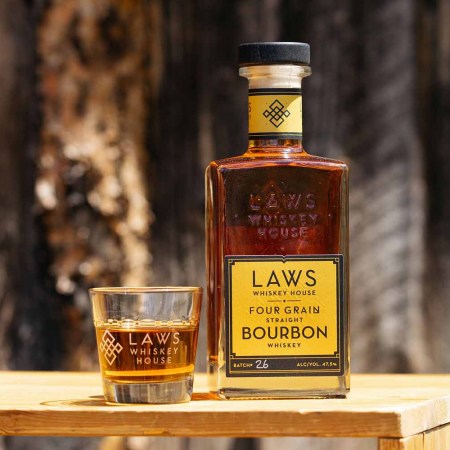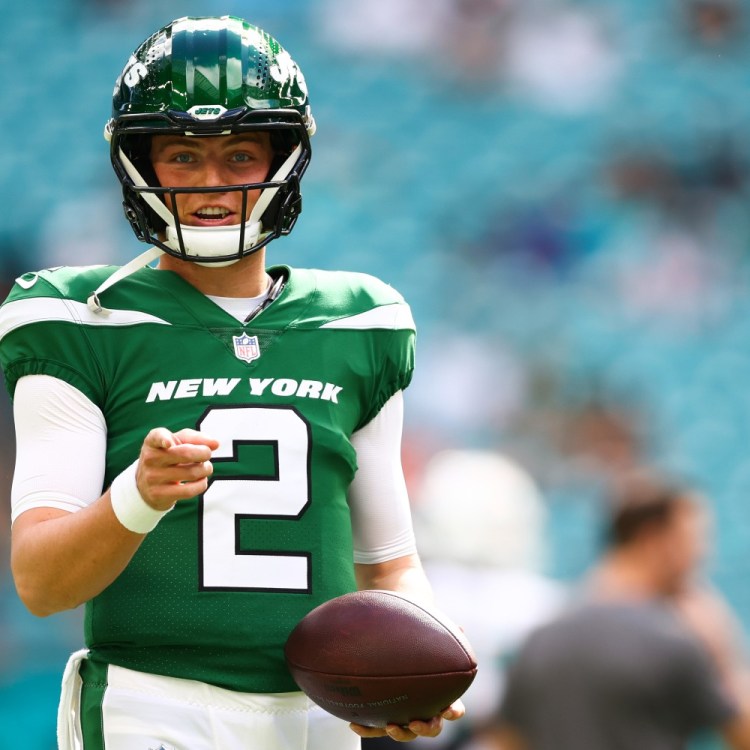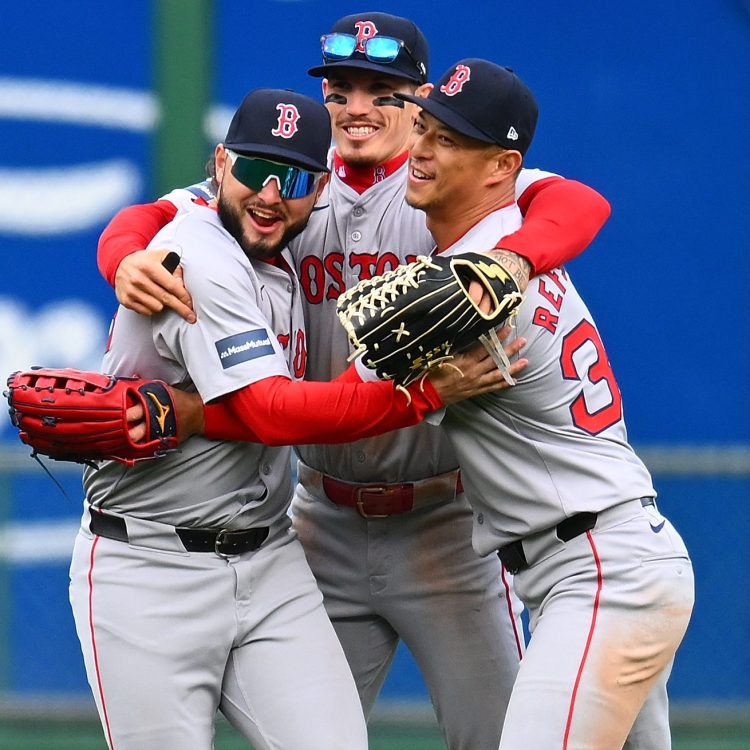With college athletes, including 37 members of Clemson’s football team, continuing to test positive for COVID-19, some have started to wonder if it may make sense to intentionally expose players to the coronavirus in a bid to create team-wide herd immunity.
Basically, the thinking is that since most college athletes are young and fit, they’ll recover quickly and become immune after being asymptomatic or only experiencing mild discomfort. Then, healthy and immune, they’ll be able to get back out on the field and compete with no restrictions.
So does that plan hold any water?
To find out, Yahoo Sports asked a dozen health experts to weigh in. Here’s a sampling of what they had to say.
Paul Pottinger, professor of infectious diseases at the University of Washington: “There’s absolutely no validity. It’s a terrible idea, and under no circumstances should anybody think about it.”
Sankar Swaminathan, chief of infectious diseases at the University of Utah: “We don’t even know if those antibodies are protective. We cannot give people certificates of immunity to play for the season just because they’ve had [COVID] before, Let’s say that I’m Joe Lineman. I get sick. [Two weeks later], I’m clear, I’m fine. [Next month], I’m ready to go play The Ohio State University. Then it turns out that my roommate, who had not had [COVID-19] before, tests positive before the game. Guess what? I may not get to go play The Ohio State University on Saturday. Because I’ve been exposed. Basically, don’t count on herd immunity.”
Annabelle de St. Maurice, a professor of infectious disease at UCLA: “I don’t think anybody should be out there seeking infection. There are no medical professionals that I think would advise that.”
Ron Waldman, an epidemiologist at George Washington University: “We’re talking about a potentially severe illness. An illness that could end in death, that can have severe long-term consequences. And we’re weighing it against college football. I think we need to keep things in perspective.”
Based on those responses, it seems like herd immunity is not a winning strategy for sports teams.
Subscribe here for our free daily newsletter.
Whether you’re looking to get into shape, or just get out of a funk, The Charge has got you covered. Sign up for our new wellness newsletter today.


















